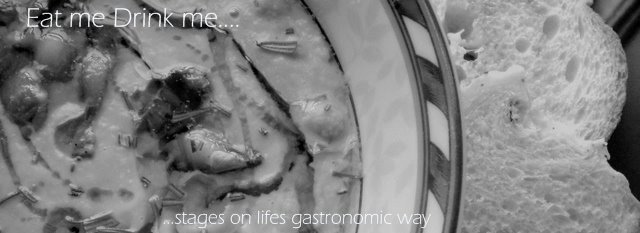For my own reference. Me mouthing off on the Guardian website, about this story.
It's Ode On a Grecian Urn.
And it's no trip through the daisies. It begins with a nascent classical rape scene, which has yet to happen.
And it arguably gets increasingly, and cantankerously bitter as it continues, meditating on death, the cold immortality of art, and the essential hollow fleetingness of all endeavour. Ritual, religion, sex and death. Tradition, youth and gods. Those daises you are tripping through too. All dust. All flesh is grass, eh?
Hey. Wait a second. It's a meditiation on sex,death, and human experience that's not written in a Hemmingway style?
Still. Take a look at the final lines and reflect, eh?
""Beauty is truth, truth beauty"---that is all
Ye know on earth, and all ye need to know."
And heres the kicker. And lets put this in muscularly masculine prose just for the sheer "I've got a set of testicles and I'm not afraid to swing them" hell of it.
Hell. Those last lines seem to be talking about aesthetics.
Which is not a million goddamn miles from talking about what tastes good. And it's bang on the money for what looks good. Aesthtics. How in the hell could that have nothing to do with good food?
These are lines that hook right into the mainline, and wrap themselves electrically around the base of the brain and sqeeze some truth into that reptilian little bugger that we all think with. They go right down into the cortex of the thing. Right down deep in that "three meals away from barbarism" place we all associate food and sex and death with. Because it's about those things. It's a beautiful and bitter little slice of profound human experience. And it's not always a pleasant thing.
There's a place for muscularly masculine writing. And there's a place for writing that has a refined sense of the aethetic. Above all there's for good, accurate, genuine journalism that gets it's facts right. (How do you feel about getting the title wrong? And did you read the poem before you used it to make a point?)
Too often, that masculine bent in prose is an excuse for the writer to celebrate themselves at the expense of their subject (I'm thinking of Anthony Bourdain's last several years of self-celebratory prose ripping it's publicity seeking way through whatever lies in his path. I'm thinking about Songs of the Doomed. I'm thinking everything Hemmingway wrote that he hadn't the guts to hate.)
Good writing is good writing. It's about truth. And whether poetic, masculine, feminine, childlike, whatever...it's got blood in it. It's got truth in it. And it's about what it's about.
Here endeth the sermon.
Subscribe to:
Post Comments (Atom)

No comments:
Post a Comment